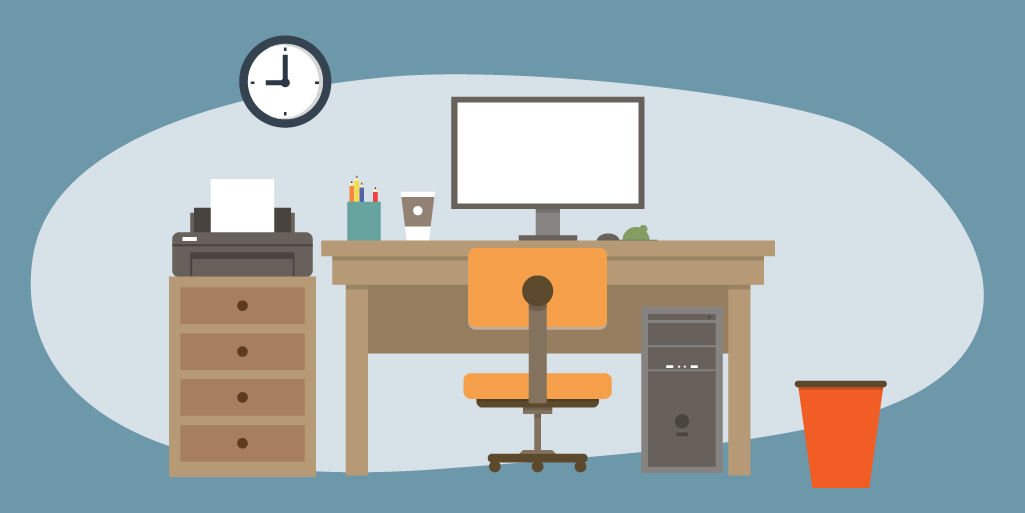
Security updates are often a very important part of a browser update. An out-of-date web browser can open you to serious security flaws that may allow attackers and malicious websites to infect your computer, steal your credentials, sensitive information and files. Often, malicious software can be automatically installed and then it will open the door to download more harmful software to allow hackers to steal, delete or encrypt your data.
Failure to update your browser can also result in poor performance. Some websites may not work properly. You may also miss out on new features that could enhance the capabilities of the browser.
Most web browsers will automatically update. But you can check for updates by going to the Help menu in the browser and click on the ‘About’ section.
Other tips for safe browsing:
- Enable HTTPS only mode – This will ensure that you are using a secure communication protocol on the internet and prevent the use of an unsecured site.
- Block Pop-up windows – Enable a pop-up blocker in your browser settings in order to prevent these annoying windows that may lead to malicious websites.
- Delete unwanted cookies – Cookies are used to track your internet activity. Delete cookies of websites that you do not regularly visit through your browser settings.
- Limit the use of extensions – Choose extensions that have favorable reviews and avoid the duplication of extensions that will perform the same tasks.
- Use private browsing – Private, or incognito browsing will delete all your information when you close your browsing session. This will assist with avoiding the cookies you don’t want to save on your computer.
- Use a virtual private netwok (VPN) – A VPN provides a private tunnel between you and the internet. This provides you with encrypted traffic and secure transfers of data.
Resources:
How to Update My Browser
